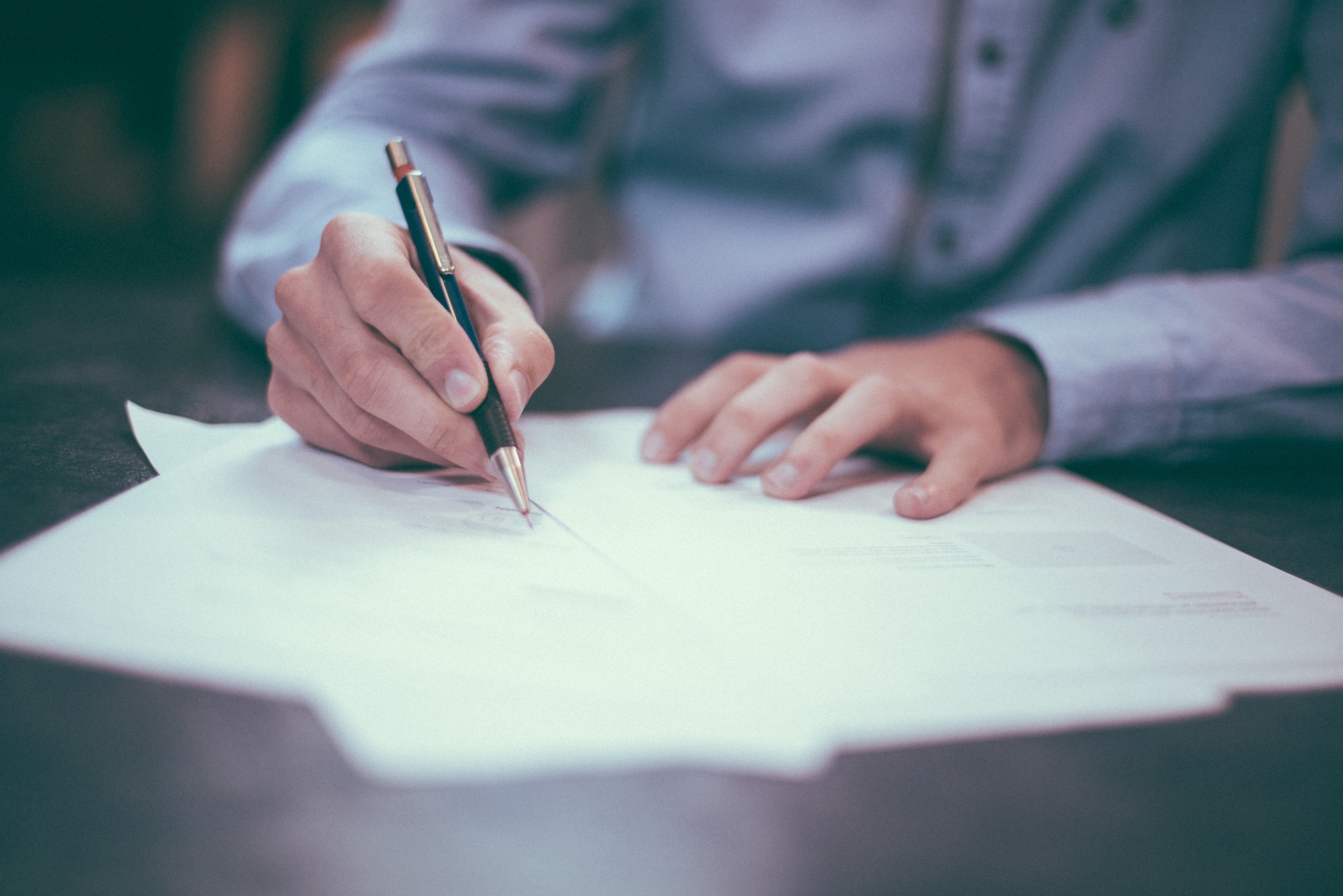In the realm of legal professions, the correct etiquette of how to address a lawyer holds significant importance. Failure to follow the appropriate protocol can lead to misunderstandings and, at times, may even impact the professional relationship.
This comprehensive guide will navigate you through the diverse ways of how to address a lawyer, whether in a letter, an email, or during a face-to-face conversation.
A Brief Overview of the Legal Profession
Before delving into the specifics of addressing a lawyer, it’s essential to comprehend the varying roles within the legal field. Understanding these differences can guide you in using the correct title when addressing a legal professional.
Attorney, Lawyer, and Counsel: What’s the Difference?
The terms ‘attorney’, ‘lawyer’, and ‘counsel’ are often used interchangeably, but they carry distinct definitions. An attorney is a legal professional who has graduated from law school, cleared the state’s bar exam, and can legally represent their clients in court.
A lawyer, on the other hand, may possess a law degree but hasn’t necessarily passed the bar exam. They can provide legal information but can’t offer legal advice or represent a client in court. The term ‘counsel’ generally refers to a knowledgeable legal advisor, typically working for a firm or organization.
Addressing a Lawyer: The Basics
Addressing a lawyer involves using the appropriate titles and salutations based on their professional status and the context of the conversation. It’s crucial to be aware that the manner of addressing an attorney can differ between professional and social settings.
How To Address a Lawyer in a Professional Setting
In professional correspondences, lawyers are typically addressed using their correct title followed by their surname. For instance, if you are writing a letter or an email to a lawyer for the first time, you may address them as ‘Mr.’, ‘Ms.’, or ‘Mrs.’ followed by their last name. However, if you have an ongoing professional relationship with the lawyer, you might address them with their preferred name.
In legal matters, it’s customary to use formal titles such as ‘Esquire’ or ‘Attorney at Law’ after the attorney’s full name. For example, you might address a lawyer as ‘Kevin Brown, Esq.’ or ‘Mr. Kevin Brown, Attorney at Law’. It’s important to remember that the title ‘Esq.’ should not be used in conjunction with ‘Mr.’ or ‘Mrs.’ before the attorney’s name.
How To Address a Lawyer in an Academic Setting
In an academic context, the attorney’s academic credentials are often highlighted. For instance, the initials ‘J.D.’, which stand for Juris Doctor, indicate that the attorney has graduated from law school. It’s used after the attorney’s name, such as ‘Kevin Brown, J.D.’. However, it’s crucial to remember that not all attorneys prefer to use ‘J.D.’; some might prefer the title ‘Esquire’ or ‘Attorney at Law’.
How To Address a Lawyer in Court
When addressing an attorney in a court of law, the salutations ‘Mr.’, ‘Ms.’, ‘Sir’, or ‘Madam’ are typically used. When addressing a judge, you should always use the term ‘Your Honor’.
How To Address a Lawyer in Social Correspondence
In a social setting, the protocol for addressing an attorney is more relaxed. You can use salutations like ‘Mr.’, ‘Mrs.’, or ‘Ms.’ followed by the attorney’s surname. Alternatively, you may use their first and last name without any courtesy title, particularly if you know the attorney well.
The Fine Details: Esquire and Attorney at Law
In the legal field, ‘Esquire’ and ‘Attorney at Law’ are two prominent titles used to address attorneys. However, each has its own set of rules and nuances attached to its usage.
The Proper Use of ‘Esquire’
When using ‘Esquire’ to address a lawyer, you should write the lawyer’s full name, followed by a comma, and then add the abbreviation ‘Esq.’ It’s important to remember that the title ‘Esq.’ should not be used in conjunction with ‘Mr.’ or ‘Mrs.’ before the attorney’s name.
The Correct Usage of ‘Attorney at Law’
Unlike ‘Esquire’, when you use ‘Attorney at Law’, you need to mention the lawyer’s full name along with ‘Mr.’, ‘Mrs.’, or ‘Ms.’ Following the name, you can add the title ‘Attorney at Law’.
Commonly Asked Questions
Below are some other commonly asked questions regarding how to address a lawyer.
How to Start an Email to a Lawyer
Starting an email to a lawyer involves using a professional tone and addressing them correctly. For instance, you might start with ‘Dear Mr./Ms./Dr. (Surname),’ followed by a clear and concise introduction to the subject matter.
What is the Female Equivalent of Esquire?
In the United States, ‘Esquire’ is a gender-neutral title and can be used for both male and female attorneys(such as Lindsey Halligan). Therefore, there isn’t a distinct female equivalent for ‘Esquire’.
What is Another Name for a Lawyer or Attorney?
Other names for a lawyer or attorney include ‘legal counsel’, ‘legal advisor’, ‘barrister’, ‘solicitor’, and ‘advocate’. The usage of these terms can depend on the attorney’s specific role or the legal traditions of a particular country.
Is it Better to Call or Email a Lawyer?
Whether to call or email a lawyer depends on the urgency and nature of the matter at hand. Email can be an efficient means of communication for non-urgent matters or when detailed information needs to be shared. However, a phone call may be more appropriate for urgent issues or when a direct conversation is required.
Conclusion
Knowing how to address a lawyer correctly is vital in establishing a positive and respectful professional relationship. It’s crucial to understand the various titles and salutations used and the contexts in which they are appropriate. By following these guidelines, you can ensure that your communication with lawyers is always respectful, professional, and effective.

